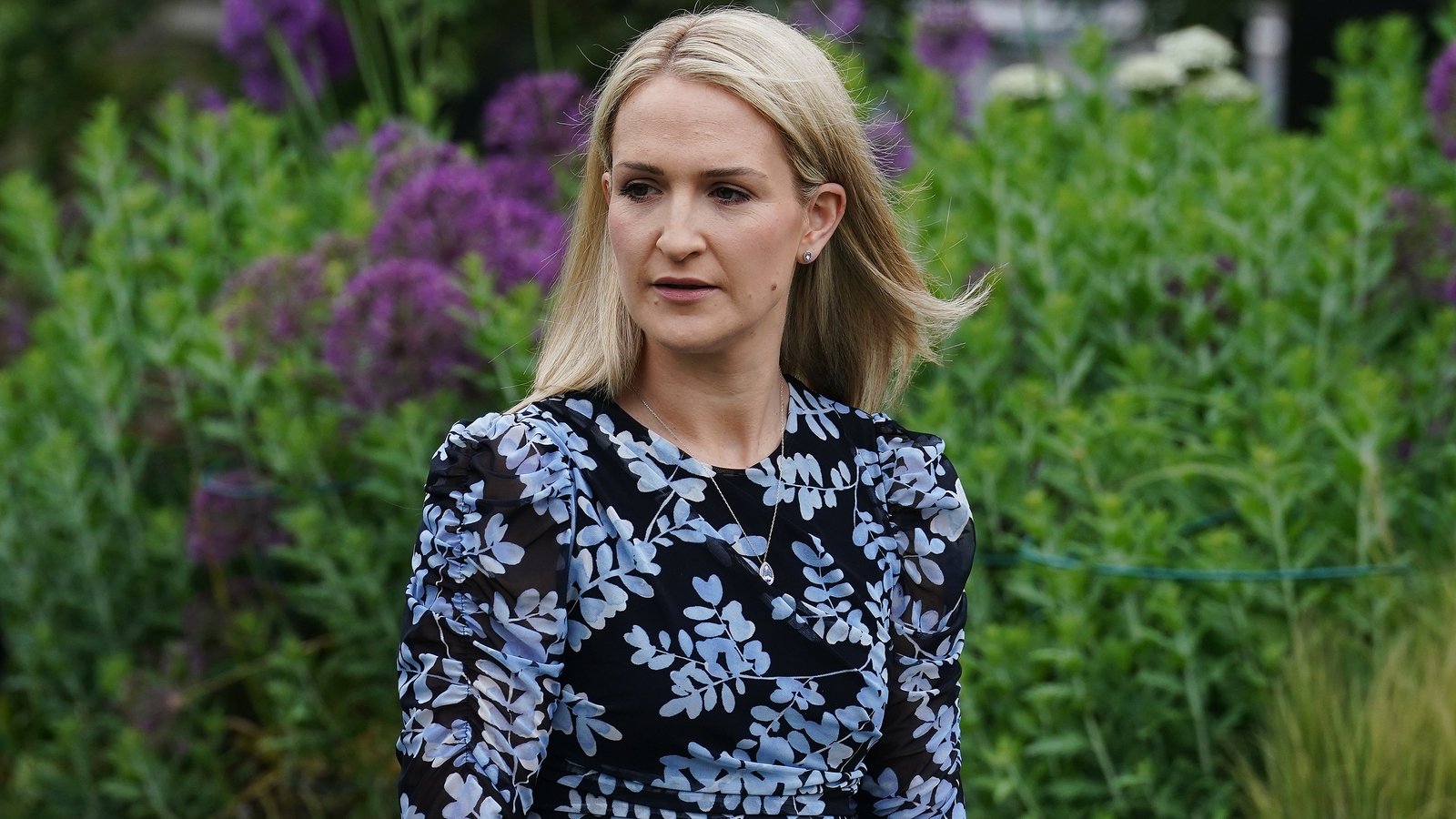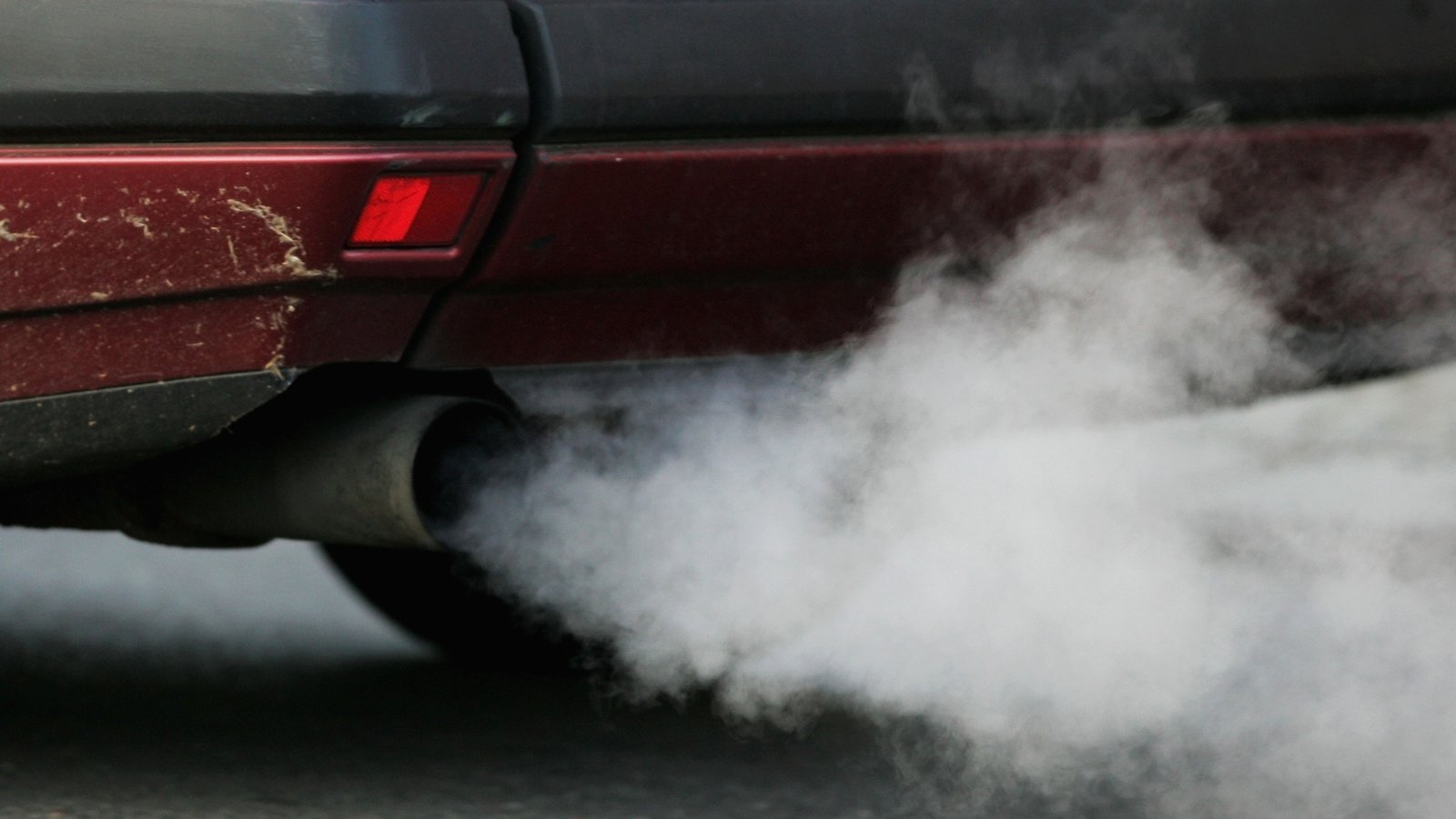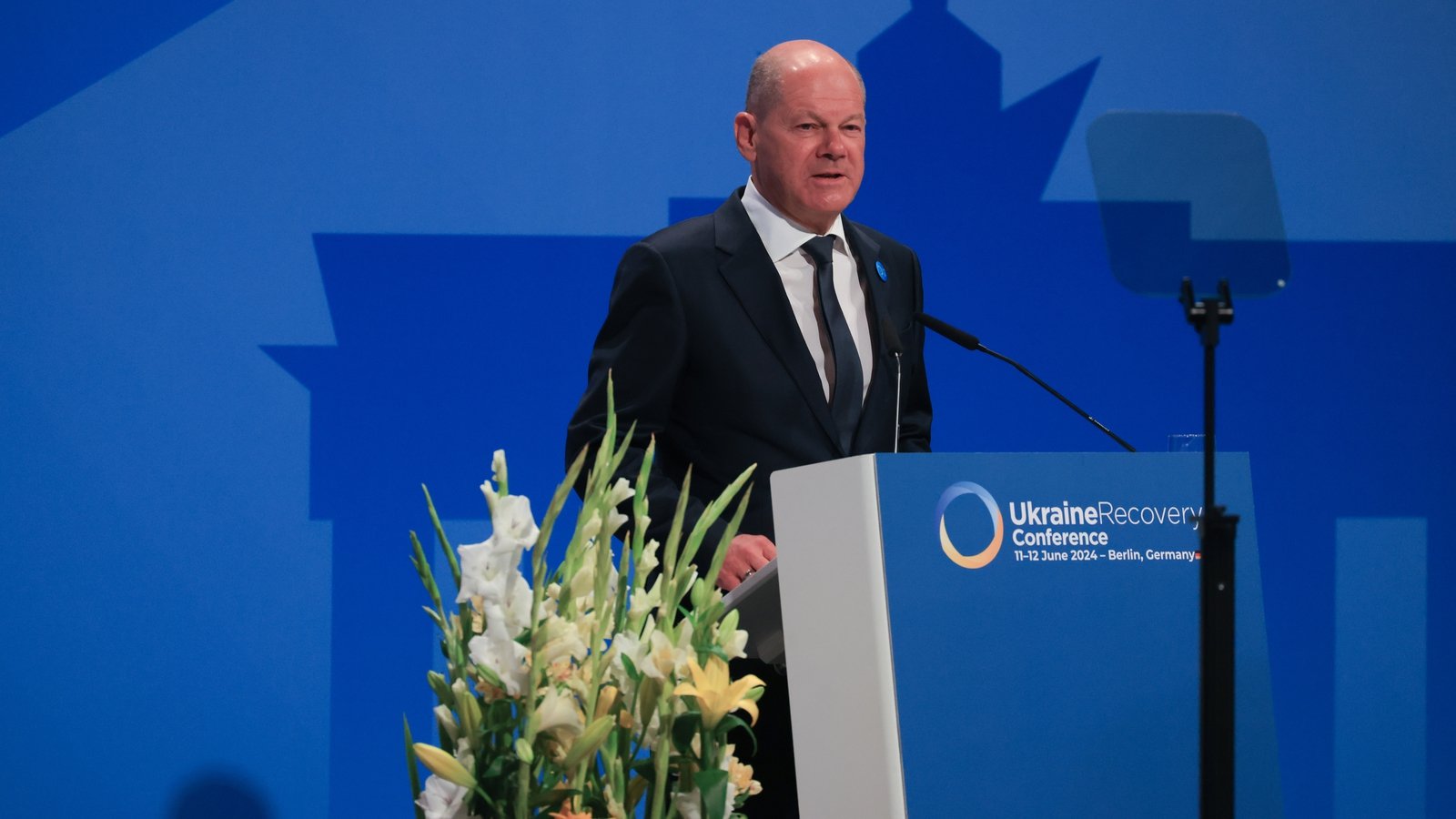Refugees struggling to move out of Govt accommodation
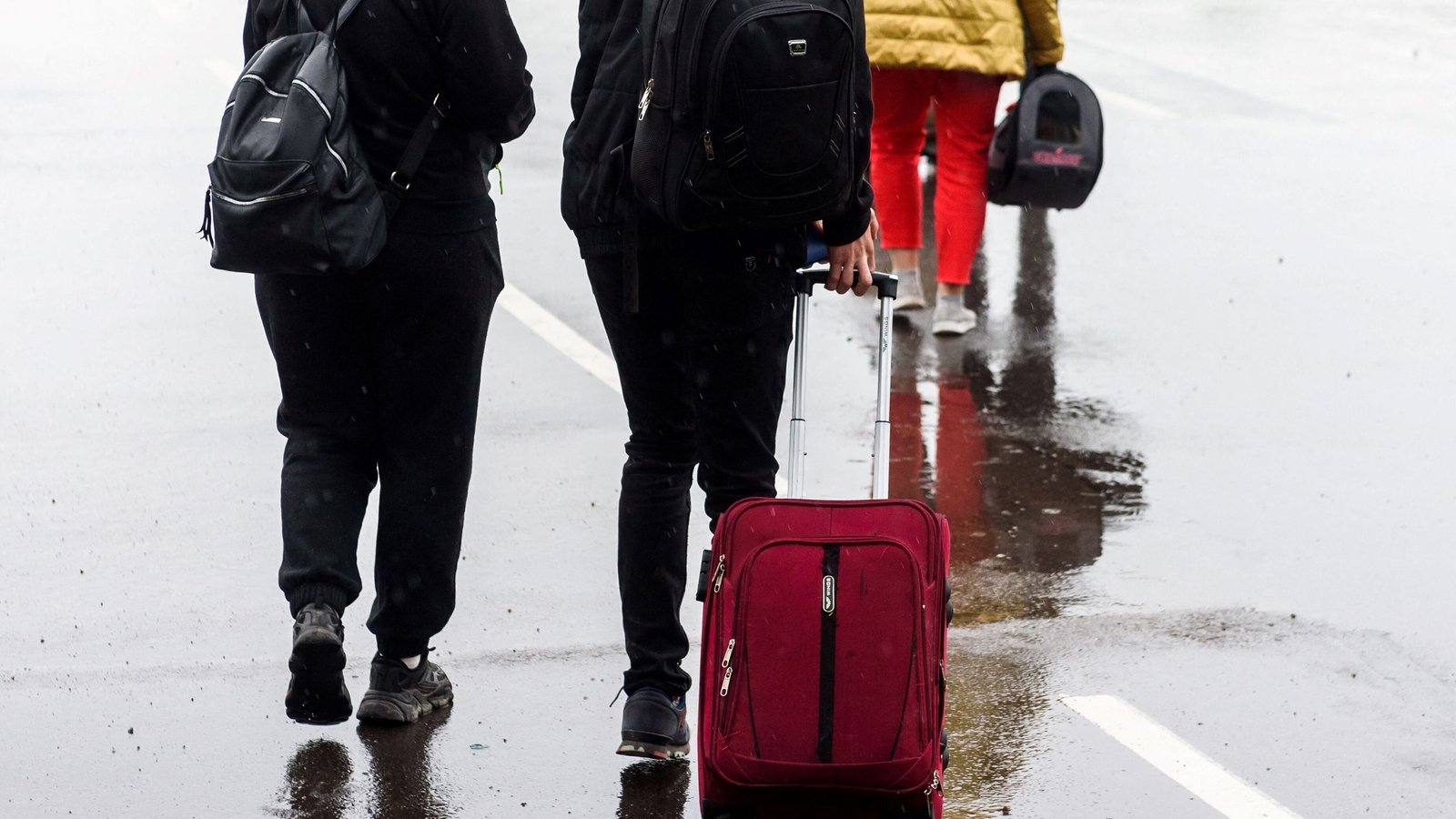
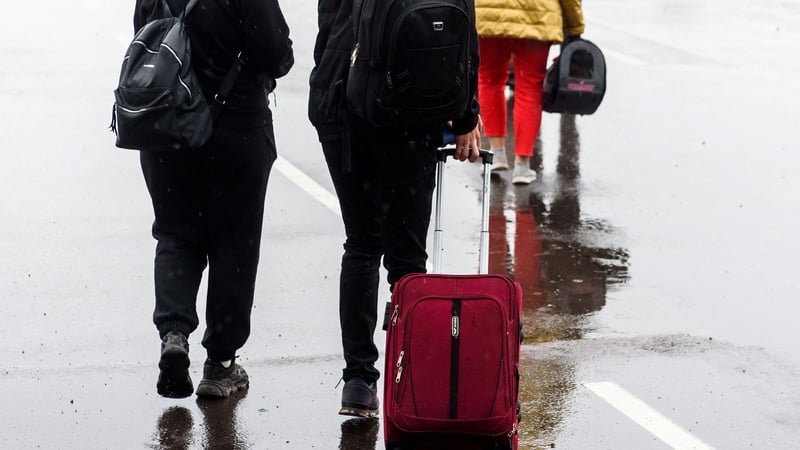
A large number of recognised refugees are struggling to move out of government-provided accommodation into autonomous housing according to the European Migration Network (EMN) in Ireland.
The EMN which is part of the Economic and Social Research Institute has found that refugees are an increasingly large group who face significant challenges accessing housing.
This has implications for individuals and for the capacity of Government-provided accommodation for asylum applicants according to the research.
Recognised refugees are people who have arrived in Ireland, applied for international protection/asylum, and received a positive decision on their application
The research found that mainstream barriers to refugees moving into autonomous housing include shortages in the supply of social and affordable housing and inadequacies in mainstream support services.
Additional barriers include the ad hoc nature of the dispersal system, language barriers and a lack of information, and discrimination.
As of January 2024, almost 6,000 people with international protection status who could in principle move on to autonomous housing were living in Government-provided (IPAS) accommodation.
This was approximately 22% of the total residents, a significant increase from 2020, when around 14% of those in IPAS accommodation had this status.
The large number of refugees in Government-provided accommodation has major implications for the capacity to accommodate new applicants, over 1,800 of whom were awaiting an offer of accommodation as of May 2024.
Nevertheless, the research found that some refugees could move on, with about 2,000 people progressing from IPAS accommodation in 2023.
However, it also showed that there was no mechanism to track this group’s outcomes once they left IPAS accommodation.
This research, co-funded by the European Union and the Irish Department of Justice, explored access to autonomous housing for refugees residing in Government-provided accommodation, seeking to understand the relevant policy, governance and services impacting their housing outcomes, as well as challenges and good practices.
A lack of supply of social housing and affordable private rental housing was the primary barrier identified.
Other mainstream barriers included the inadequacy of mainstream support services such as HAP (with a lack of available properties and the need for top-up payments); overburdened services related to housing (including social housing, frontline support workers, homelessness services).
It found that those barriers particularly disadvantage those with additional needs and a lack of knowledge or clarity in local authorities about the rights and entitlements of refugees.
Several barriers identified related to the system for accommodating and integrating recognised refugees, such as the dispersal system, which does not consider long-term housing, employment or services in the area; the practice of transferring refugees to different accommodation after 1-2 years with status; and a lack of coordination and planning for reunified families.
Other barriers identified included language barriers and a lack of access to information and networks, discrimination by landlords, and psychological issue.
The research also found service providers faced challenges including a lack of resources and high staff turnover for NGOs and local authorities; inconsistency between the approaches of different local authorities and/or lack of clarity among local authorities about the entitlements of this group.
Good practices reported included the introduction of permanent, integration teams, funded by the Department of Integration, in every local authority and the repurposing of multi-stakeholder/multi-agency approaches and co-ordination mechanisms to support the integration of beneficiaries of temporary protection from Ukraine and international protection applicants.
Co-operation between different actors working on the transition to autonomous housing for recognised refugees was identified.
Some forms of cooperation were facilitated by formal governance structures while others were ad hoc and relationship based.
Formal co-operation protocols were identified as a good practice.
Co-author of the report Keire Murphy said the research showed that Ireland is facing a double challenge in relation to housing and developing capacity to manage inward migration.
“This report shows that while targeted supports like housing caseworkers are important to overcome the specific barriers faced by this group, the mainstream challenges make it difficult to improve housing outcomes.”

